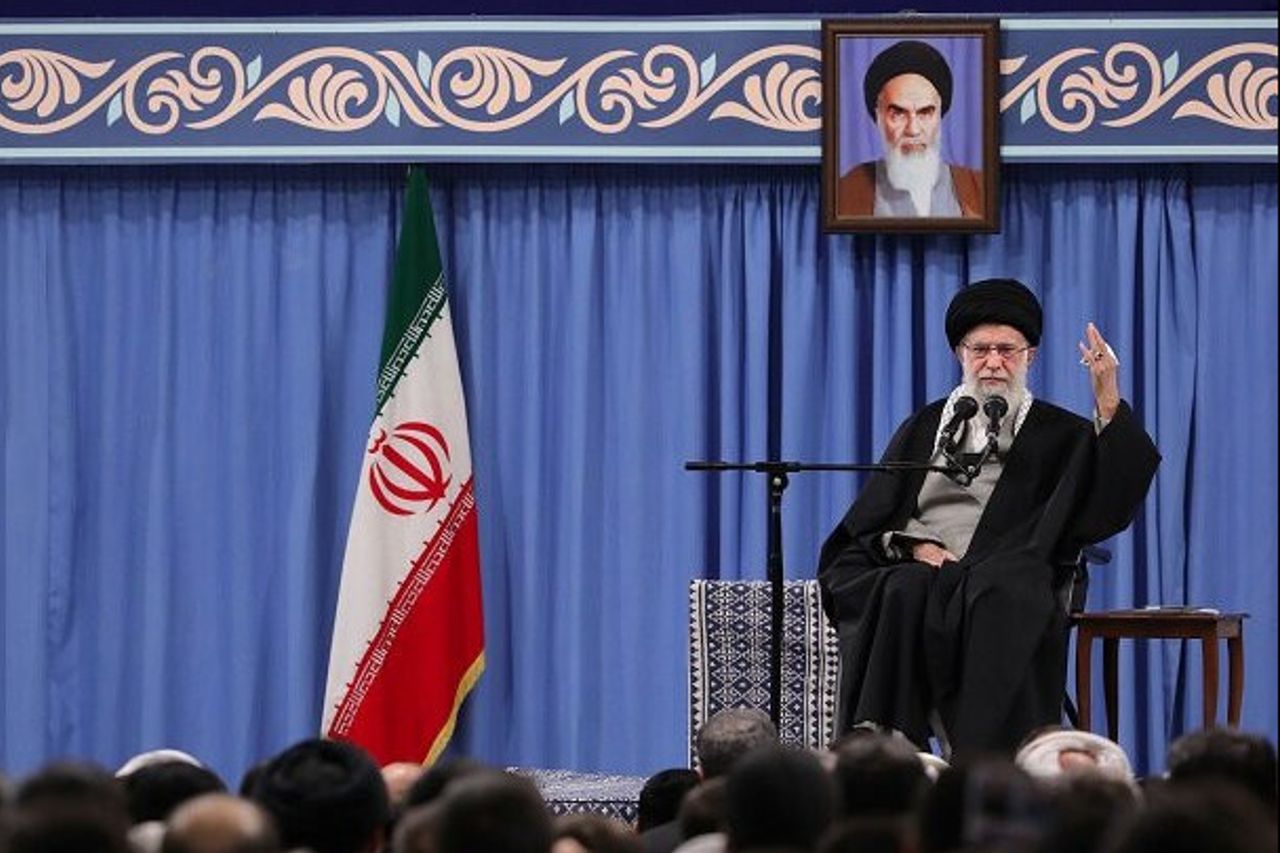Quiet Election Fans, Iran's Top Leaders Accuse US Of Playing COVID-19 Issue

JAKARTA - On Sunday, February 23, Iranian authorities announced that a total of 42 percent of voters participated in the 2020 Iranian Parliamentary Election. The number is the lowest since the 1979 Islamic revolution.
Earlier, in the 2016 Iranian Parliamentary Election, the number of voters was 62 percent in the ballot and 66 percent of the voters voted in 2012.
Iran's supreme leader Ayatollah Khamenei said the turnout was low on "negative propaganda" about COVID-19 by Iran's enemies.
"The negative propaganda about this virus started a few months ago and grew bigger ahead of the elections," said Ayatollah Khamenei.
"Their (US) media do not miss the smallest opportunity to prevent elections in Iran and use the excuse of disease and virus," added Khamenei.
Iran confirmed its first case of COVID-19 two days before the election. The authorities explained that there were 43 cases of COVID-19 in four different cities, including in the Iranian capital, Tehran. With eight deaths, Iran has the highest number of deaths from the virus outside of China.
"The number of voters in the whole country is 42.57 percent. In Tehran, about 25 percent (who voted). Across Iran, more than 24 million people voted," Iranian Interior Minister Abdolreza Rahmani Fazli told a press conference broadcast. television.
Iran faces growing isolation and the threat of conflict over the impasse of its nuclear agreement with the US and growing discontent at home. The declining turnout is seen as a referendum on the popularity of the rulers in Iran.
The final election results, announced by the Interior Ministry, show that there is a huge advantage for hardline loyalists close to Supreme Leader Ayatollah Ali Khamenei, who recently delivered a speech on all matters of the country.
Hardliners dominated the parliamentary election results by gaining 30 seats. The former commander of the Revolutionary Guards, Mohammad Bagher Qalibaf, won the highest number of votes. Qalibaf, who was once an air force commander, a war veteran and a national police chief, has often been rumored to be Iran's supreme leader, bolstering his chances of becoming the next speaker of parliament.
The parliament actually has no major influence on Iran's foreign affairs or nuclear policy, which is determined by Khamenei. But it is expected to strengthen hardliners in the 2021 presidential election and strengthen Iran's foreign policy.
"The participation of our people in the election on Friday was good," said Khamenei.


